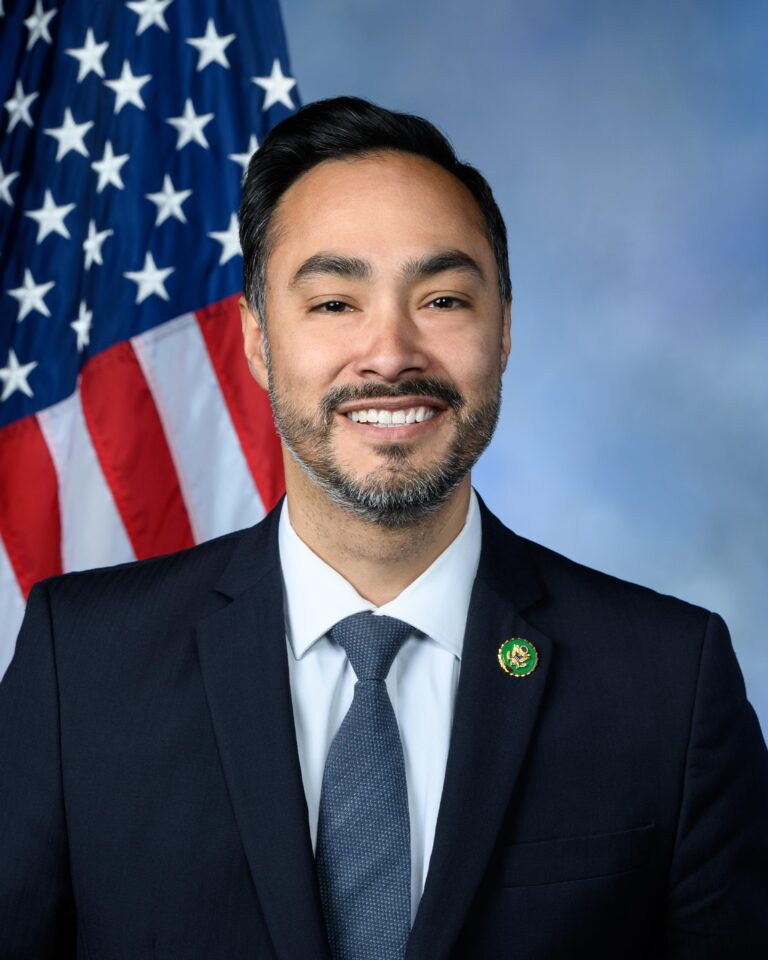San Antonio’s Hispanic Democrats: A New Era of Political Empowerment
Expanding Political Clout Among Hispanic Democrats in San Antonio
San Antonio is witnessing a remarkable transformation as Hispanic Democrats assert greater influence within the city’s political arena. This surge is driven by a blend of energized youth participation, rising voter registration, and effective grassroots campaigns. Latino leaders are not only securing more local government positions but are also setting their sights on state and national offices, signaling a strategic push to amplify their community’s voice. Their growing presence is pivotal in shaping policies on education, healthcare, and economic growth—issues that resonate deeply with Hispanic residents.
- Voter registration growth: Hispanic Democratic registrations have surged by over 30% since 2018.
- New leadership: Seven Hispanic Democrats recently joined the San Antonio city council.
- Community mobilization: Increased frequency of town halls and caucuses aimed at engaging young Hispanic voters.
Obstacles and Prospects for Emerging Hispanic Political Figures
The path for rising Hispanic leaders in San Antonio is marked by both challenges and opportunities. Persistent issues such as limited campaign funding, underrepresentation in statewide offices, and systemic barriers remain significant. However, many young politicians are turning their cultural roots and community connections into strengths, emphasizing grassroots activism and mentorship to nurture future leaders. These efforts are crucial in overcoming voter disengagement and breaking down stereotypes that have historically hindered political advancement.
Key challenges and opportunities include:
- Challenges: Addressing voter apathy, dismantling biases, and overcoming institutional obstacles.
- Opportunities: Capitalizing on demographic growth, increasing Latino political participation, and higher educational achievements.
| Focus Area | Challenges | Opportunities |
|---|---|---|
| Political Representation | Scarcity of statewide executive roles | More candidates running for city council and local offices |
| Funding & Resources | Limited access to established donor networks | Growth of Latino political action committees and grassroots fundraising |
| Community Engagement | Lower voter turnout rates | Expanded bilingual outreach and voter education programs |
Effective Community Outreach Boosting Hispanic Voter Participation
Innovative outreach initiatives by local organizations have played a crucial role in increasing voter turnout among Hispanic Democrats in San Antonio. These programs focus on culturally relevant communication, providing multilingual materials, and neighborhood canvassing to foster trust and encourage participation. By collaborating with community leaders and volunteers, these efforts have successfully addressed barriers such as language differences and political disenfranchisement, making voting more accessible and engaging.
Partnerships with faith-based groups, small businesses, and youth organizations further enhance these mobilization efforts. Key strategies include:
- Educational Workshops: Sessions explaining voting rights and election procedures.
- Community Events: Meet-and-greets connecting voters with candidates.
- Digital Outreach: Social media campaigns targeting Hispanic youth.
- Transportation Support: Providing rides to polling locations on election days.
| Strategy | Impact | Scope |
|---|---|---|
| Door-to-Door Canvassing | 15% increase in early voter registration | Citywide |
| Multilingual Voting Materials | 90% comprehension among voters | Neighborhood level |
| Youth Engagement Programs | 25% rise in first-time voters | University campuses |
Key Policy Focus Areas Driving Hispanic Democratic Agendas
Hispanic Democrats in San Antonio are championing policies that align with their community’s evolving needs and aspirations. Economic empowerment through workforce development and support for entrepreneurs is a top priority, aiming to create sustainable career pathways for young professionals. Affordable housing remains critical as families grapple with rising costs amid rapid urban growth. Advocates also emphasize expanding public transit and infrastructure to better connect underserved neighborhoods with economic centers, recognizing mobility as a cornerstone of economic inclusion.
Education reform is another central pillar, with efforts to reduce disparities in school resources and promote bilingual, culturally responsive curricula. These initiatives seek to enhance academic success while preserving cultural heritage. Additionally, expanding healthcare access—particularly for low-income and immigrant populations—continues to be a vital concern, with a focus on community clinics and Medicaid expansion to address health inequities.
- Economic Growth: Job training programs and small business grants.
- Housing: Policies to increase affordable housing and prevent displacement.
- Transportation: Expanded routes and affordable transit options.
- Education: Dual-language programs and equitable resource allocation.
- Healthcare: Broader Medicaid coverage and community health initiatives.
| Policy Area | Initiative | Anticipated Outcome |
|---|---|---|
| Economic Development | Grants for local entrepreneurs | Stimulate small business growth |
| Housing | Rent control and stabilization measures | Reduce displacement risks |
| Education | Implementation of dual-language learning | Higher graduation rates and cultural retention |
| Healthcare | Community-based health outreach programs | Improved access and reduced health disparities |
Conclusion: The Growing Political Power of Hispanic Democrats in San Antonio
As Hispanic Democrats in San Antonio continue to organize and expand their political influence, they embody the broader demographic and cultural shifts transforming Texas politics. Their commitment to community engagement and targeted policy advocacy positions them as key players in shaping the city’s and state’s future. Observers and stakeholders alike will be watching closely as these emerging leaders drive change in upcoming elections, underscoring the vital role of Hispanic voters in the evolving political landscape.




